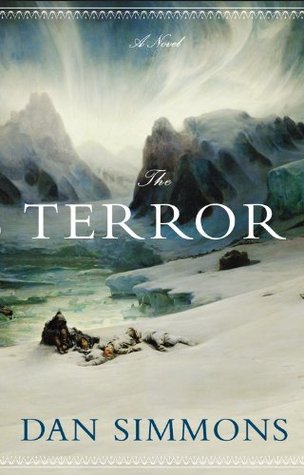Wednesday, April 1, 2009
Book Review: Mark Ames - Going Postal
By an unfortunate coincidence, I ordered this book right before the 11/5/2009 Fort Hood shooting tragedy, and after finishing it I was angry at how steadfastly unwilling the media (and much of society) are to ask the tough questions about why school and workplace shootings, which were almost completely unknown before the 1980s, have become such a grim and seemingly inevitable part of modern society. Mark Ames places the blame squarely on the new corporate culture of the Reagan years, where employees became expendable assets to be used up and thrown away. He chronicles in vivid detail the lives of these average people who "just snapped", and shows, using a lengthy and fascinating parallel to antebellum slave revolts, how time and time again these shootings were anything but random, how workers deliberately targeted their abusive and tyrannical supervisors while sparing coworkers they liked and yet their actions were always dismissed after the fact as "just random craziness" by a media systematically incapable of recognizing the recurring pattern. The same is true of school shootings like Columbine, where bullied and harassed students, routinely ignored by their school officials, felt that the only way they could bring their lives back under control was to go postal. It's hard to read this book and then read news stories about the Fort Hood tragedy, which is just the latest manifestation of the new ugliness in our society that Reagan symbolized and embodied. A good but extremely frustrating book.
Sunday, March 1, 2009
Book Review: Thomas Geoghegan - Which Side Are You On?
Not that I've read a lot of books about labor law, but this is the most well-written book about the experience of practicing labor law I've ever read, a sort of ground-level counterpart to the labor-market sections of Krugman's book. I once read an Amazon review for another one of Geoghegan's books that claimed that all of his books were really about citizenship in one form or another, and I agree with that. This one focuses on the damage that conservative policies did to the traditional American understanding of citizenship during the 1980s, specifically that of the Chicagoland union members that were being fired in droves as structural shifts in the economy (both natural and planned) eliminated their jobs and their places in society under the guise of the "invisible hand" while the corporations who cheerfully outsourced their jobs made huge profits. Geoghegan is witty and self-deprecating as he recognizes the futility of reversing or even slowing the massive hemorrhaging of jobs, and he pulls no punches in recounting the resulting ugly fratricide as these desperate unions relentlessly and inscrutably destroyed themselves as they lost everything they had. Somehow I ended up reading a lot of anti-Reagan books this year, and this was the second-most vitriolic out of the lot.
Sunday, February 1, 2009
Book Review: Dan Simmons - The Terror
Historical fiction is tough to pull off well - you can either concentrate on completely minor personages so that history nerds can't nitpick your accuracy, or you can forget accuracy and just write whatever the heck you want about whoever your subjects are. The Terror neatly avoids this dilemma and doesn't bother pretending to be a normal historical fiction, it's an intense supernatural horror story that uses Sir John Franklin's ill-fated 1845 expedition to find the Northwest Passage as a starting point for a gripping and suspenseful Lovecraftian tableau of starvation, madness, and monsters from Eskimo mythology. I read the book early in the year during a cold front, and the dark chill of the real-life winter made the scenes of ice-bound ships and desperate, starving sailors especially vivid and compelling. I was already a fan of Dan Simmons from the great first two books of his Hyperion science fiction series (the other two books, not so much), and he brings the same literary flair to this genre. You'll never look at scurvy the same way again!
Thursday, January 1, 2009
Book Review: Paul Krugman - The Conscience of a Liberal
I've been a regular reader of his always-interesting New York Times columns for years, but ever since I studied his work on trade and urban geography in grad school (coincidentally, the work that would gain him the 2008 Economics Nobel Prize), I've been a huge admirer of his serious economics work as well. The Conscience of a Liberal is a response of sorts to Barry Goldwaters's highly influential 1960 book The Conscience of a Conservative, making the case that if the United States is to remain a country where everyone can pursue their own happiness in maximum liberty and peace, the Reagan-era policies that benefit the rich few at the expense of the poor many must be reversed, and a new New Deal - chiefly the establishment of universal health care - is the best way to encourage opportunity and ensure that everyone can fully participate in the ever-changing American economy. It's also an enlightening history of the modern liberal and conservative movements that does a great job of showing the direct lineage from historical states' rights segregationists to modern health care reform opponents, and how calm debate and careful thinking can and should win out over narrow self-interest and greed. A good way to tell a good book is by how much it gives you to think about after you've finished, and The Conscience of a Liberal had me thinking about it for months afterwards.
Subscribe to:
Posts (Atom)



